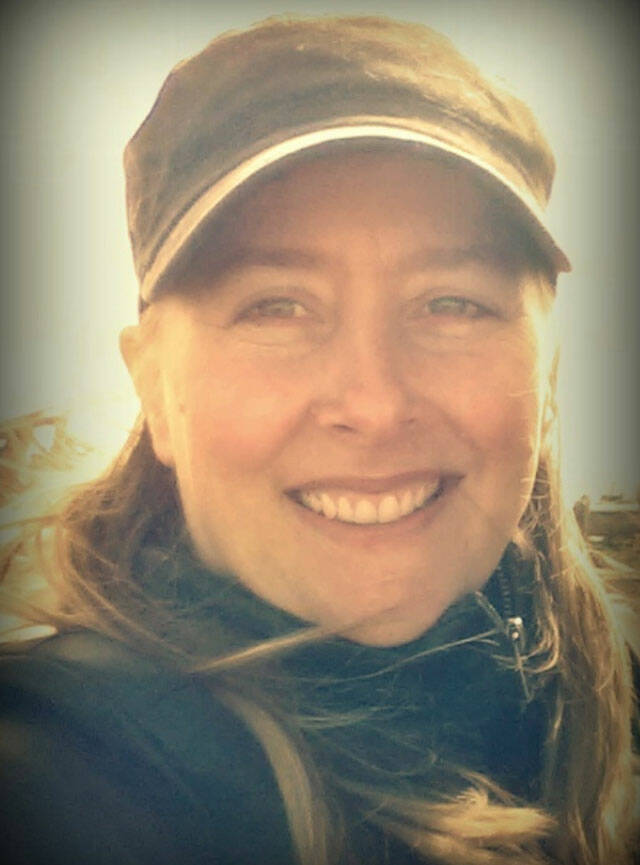I’ve been lucky enough to have spent decades monitoring the salmon-eating Southern Resident Orcas during Island visits in the late fall and early winter. This passion fuels the nearshore protection work I do as the executive director of an organization called Sound Action.
If you love orcas, you need to care about eelgrass, forage fish and the salmon the whales need to survive. Unfortunately, herring populations have plummeted. And, less than one percent of juvenile Chinook salmon from Puget Sound streams return as adults. Experts believe this reflects young salmon dying in Puget Sound before they ever reach the ocean.
This food web breakdown, combined with larger West Coast salmon impacts due to water quality issues, and dams that kill juvenile salmon and block spawning for adults, means the orcas are starving. More than fifty whales have died or disappeared in recent years, and studies show nearly 70 percent of all pregnancies end in miscarriage or early calf death, with these losses being linked to the mother’s lack of food.
We are in a defining moment, and success in the fight to save Puget Sound, the salmon and the orcas requires us to do everything we can to turn the tide towards recovery. Last week was an extravaganza of rising fins and a reminder of all that is on the line.
On Monday, Nov. 22, we had our first Southern Resident orca visit as J-Pod and K-Pod passed Dilworth in the late afternoon and Point Robinson after dark.
J-Pod was back again the next day, this time with an awesome Point Robinson parade during daylight hours. And then there was the November 25th cetacean trifecta, with marine mammal-eating Transient orcas traveling north in Colvos while J Pod traveled south along the East Passage — this time with a Humpback whale that traveled the entire distance with them.
But the cherry on top was hundreds of islanders sharing the thrill of watching the whales from shore. Some people let out whoops when they see the orcas, and some shed tears. But everyone leaves the experience changed.
This is why in addition to our regional work, Sound Action has a modest fee-based subscription service called the Pod Blast to let people know when the whales are here and help with land-based viewing. To learn more, visit soundaction.org/podblast.
We have worked hard to keep the annual subscription fee low, but no one will ever be turned away, so if the subscription fee is a financial burden, please contact us at info@soundaction.org.
Amy Carey is the executive director of Sound Action, a Puget Sound watchdog group working to protect vital nearshore habitat and species. The organization reviews every nearshore development permit issued by WDFW. When science-based information is missing or overlooked by WDFW, the organization unabashedly presents detailed documentation on species and habitats present as well as impacts of the proposal. And if a permit is approved without appropriate provisions or in violation of state law, Sound Action takes legal action by appealing the permit. Find out more at soundaction.org.



